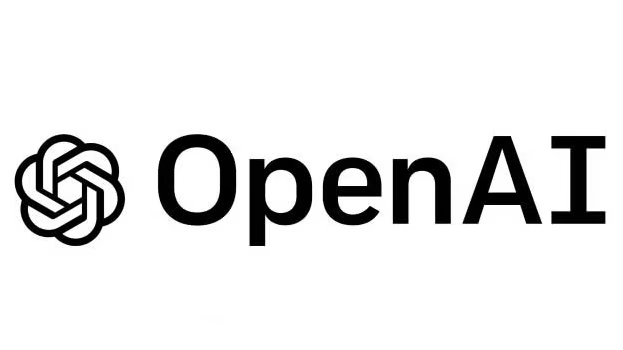Researchers have unveiled a sophisticated coffee-making robot, powered by advanced artificial intelligence, that demonstrates significant progress in the field of embodied AI – intelligence that can perceive, reason, and act within complex, dynamic physical environments. Developed by a team at a leading robotics institute, this AI barista is capable of handling the entire process of preparing various espresso-based beverages in a busy, shared kitchen setting, navigating unpredictable elements and potentially interacting safely alongside humans. This achievement moves beyond simple automation, showcasing AI’s growing ability to manage intricate manipulation tasks requiring adaptability and learning.
The robot utilizes a combination of cutting-edge technologies. Multiple sensors, including high-resolution cameras and depth sensors, provide rich perceptual input, allowing the AI to identify coffee machines, cups, milk cartons, and other relevant objects, as well as track their position and orientation in real-time. Advanced machine learning algorithms, likely including deep reinforcement learning, enable the robot to learn complex motor skills, such as precisely grinding coffee beans, tamping the grounds, operating the espresso machine’s controls, steaming milk to the correct texture, and carefully pouring the finished drink. Unlike pre-programmed industrial robots, this AI barista can adapt its actions based on sensory feedback – for example, adjusting its grip on a slippery milk pitcher or compensating for slight variations in object placement.
One of the key breakthroughs highlighted by the researchers is the robot’s ability to operate effectively in an unstructured environment. A busy kitchen presents numerous challenges: objects might be moved, lighting conditions can change, and unexpected obstacles (like a human reaching for sugar) can appear. The AI system is designed to handle such variability, replanning its actions on the fly and exhibiting a degree of robustness not typically seen in traditional automation. This capability is crucial for deploying robots in real-world human spaces, moving beyond the controlled confines of a factory floor.
The project serves as a powerful research platform for exploring human-robot interaction and AI learning in practical scenarios. Observing how the robot manages tasks typically performed by humans provides valuable insights into developing AI that is not only capable but also safe and intuitive to be around. The ability to learn and refine tasks like frothing milk – which involves subtle auditory and visual cues – demonstrates progress towards AI that can master nuanced, artisanal skills. While the immediate application is coffee making, the underlying principles and technologies are transferable to a wide range of service robotics applications, including assistive care, logistics, and food preparation.
Challenges remain, of course. Ensuring long-term reliability, improving speed and efficiency to match human baristas, handling a wider variety of tasks and customizations, and reducing the cost and complexity of such systems are ongoing areas of research. Ethical considerations regarding automation in service industries also warrant careful discussion. However, this AI-powered coffee robot represents a significant step forward, illustrating the potential for intelligent machines to perform complex, real-world tasks that require dexterity, perception, and adaptive learning. It provides a tangible glimpse into a future where embodied AI plays an increasingly integrated role in our daily lives, handling tasks that require more than just digital computation, but physical interaction with the world.
Source: ScienceDaily

